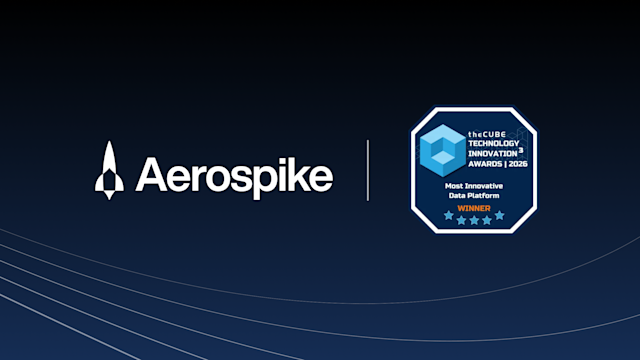The art of lifecycle marketing in the era of signal loss
Future-proof your AdTech in the era of signal loss by capturing attention, maximizing reach, and delivering tailored experiences.
In an era of signal loss, people are starving for a way through the muck. Companies are going through layoffs, and friends and colleagues are out in the cold. There was a research paper published in 2017 called “Attention Is All You Need” about AI. It was a pretty cutting-edge pa
per at the time, and because of my work, I got the pleasure of reading it. It was all about leveraging attention models in AI. Now the funny thing is if you apply that same logic to advertising and marketing, it holds true.
The value of focused attention
The general public is just waking up to the fact that there is a perceived value exchange between the websites, apps, search tools, and social networks used on the open internet. Data goes in, and value comes out in the form of advertising dollars. But without attention, there is no data and no value. How do you capture attention in the wild? Pretty much how you get any type of exchange. One word: value.
At the end of the day, for an ad to be effective, the end user needs to give their undivided attention to a single point, whether it’s the creative aspect or just the text. That focused attention is currency for using the content or service for free, but in exchange, there is value captured by both sides. Minimal for publishers, but in aggregate, can be very valuable. Fractions of a cent build up to behemoth gross dollar volumes flowing through platforms. The book The Master Switch by Tim Wu does a great job of detailing the rise of information empires, and if you look at advertising across time, it follows attention regardless of the medium.
Marketers and advertisers need to captivate audiences’ attention through creative and/or copy. Now I’m not saying that what I’m espousing is revolutionary here; quite the contrary. It’s already known. However, the way in which a marketer can find moments that matter is the key.
The art lies in skillfully integrating your product or service into the customer’s experience, compelling them to connect with your brand. This hasn’t changed in over 100 years, but the technology, that, my friends, is quite a different story.
Creating a modern lifecycle marketing framework
Below, I introduce what I believe to be a modern framework for full lifecycle marketing. While all of the component parts mentioned here already exist, putting them together in the proper way hasn’t yet happened from what I have seen.
Leverage the full potential of your data: Every brand or advertiser must have their own data (non-siloed) and then connect that data to whatever they can in order to do audience extension and maximize reach.
Get more bang for your buck: Do automated media mix modeling and incremental lift analysis to better understand return on ad spent (ROAS).
Each part of the funnel matters: Create custom algorithms around funnel optimization for the entire lifecycle of the customer. Personally, I believe graph neutral networks (GNN) with graph databases are the future for real-time path optimization across the whole funnel.
Use resources wisely: Connect the data pipes up to the place where the consumer checks out to avoid spending on paid media after a purchase has been made.
Harness the power of word-of-mouth marketing: Target the friends and family within someone’s social network to bring up said products or services organically in their conversations, Thus, bolstering the word of our mouth.
It’s all in the delivery: Leverage semantic analysis, behavioral signal processing, and other signals, it is possible to synthesize the magic moment tailored to the thoughts and feelings of the end client.
Understand the media’s opportunity cost: It’s important to understand the implications of spending dollars in one channel versus spending dollars in another, along with the quality of content that said advertising is being served on.
Future-proof your AdTech & MarTech with Aerospike
Effective lifecycle marketing in the digital age requires innovation, strategic thinking, and a deep understanding of customer behavior. If the aforementioned interests you, please get in touch. We know people who can build systems and have the technology to do so.
Keep reading

Mar 3, 2026
How Aerospike and ScyllaDB behave under production stress

Feb 25, 2026
Introducing absctl: A generational upgrade to Aerospike backup and restore

Feb 24, 2026
Aerospike named Most Innovative Data Platform at the 2026 Tech Innovation CUBEd Awards

Feb 17, 2026
Giving database operators visibility and direct control with dynamic client configurations




